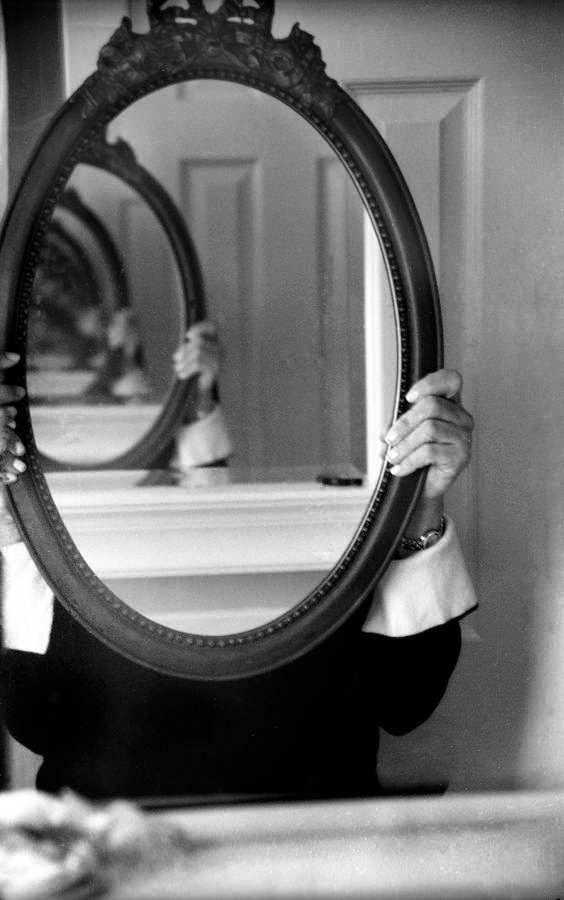I HATE LOSING.
I know that everyone wants to win and no one wants to lose. While that is true, I strongly prefer not to participate in any activity that has a clear winner and loser. The reason is, that I am a SORE LOSER. At this stage in my life, I am very self-aware and I cannot help but acknowledge two things about myself. Firstly, I am not a sportsman and I have no sportsmanship skills whatsoever. Secondly, I do not handle losing well at all. Let me tell you a short story about how I discovered this trait of mine.
During my sophomore year in college, I moved into a new place off campus with a friend of mine who was previously living on campus. We knew each other from high school but had lost contact until we bumped into each other during freshman orientation. It was great to have a familiar face in a new place. However, during the first semester of our sophomore year, I started to notice cracks in our friendship. It began with small acts of hiding things we would normally share and escalated to a lot of passive aggressiveness. There was always a tense atmosphere whenever we were together, and living together made it worse.
One day, we decided to hang out with some other people to relieve the tension. We went to the house of a senior friend who was busy with work and left us to ourselves. My friend and I decided to play a board game to 'de-stress,' which turned out to be the worst decision ever. I was losing badly and getting increasingly angry and upset. When the senior checked in on us, my friend bragged about how she had won all five rounds. The senior looked at me with pity and compassion, which was the last straw. I snapped and said, "Let her have her wins, at least she's finally winning something in this life."(cue the gasps).
There was a moment of stunned silence, and I kid you not, you could hear a pin drop. My friend was in disbelief and I could not fathom how something so nasty and bitter just left my mouth. I am a nice girl, I don't do or say mean things, where did that come from? Needless to say, things escalated quickly. A lot of hurtful words were thrown around, and no apology was made because let's be honest, the words we spoke were our truest feelings towards each other.
After that encounter, I did a lot of self-reflection and realized that over the years, whenever I lost a contest or competition, whether it had high stakes or not, I would feel angry, hurt, and upset. However, when I lost to my friend, it was the only time I was able to express my feelings, and unfortunately, they were quite mean. Of course, I don't want to risk losing my friends just because I'm not a fan of playing games or participating in competitions with them. However, I am aware that I tend to become a sore loser when I do lose, which is not the kind of person I want to be around my friends. So here are some steps I took to work on myself.
I often choose to opt out of games voluntarily. I have noticed that most games, especially board games, are better enjoyed when played by an even number of players, such as 2, 4, 6, 8, and so on. So, when it comes to deciding who skips which round and who plays, guess who is always willing to skip a round for her friends??? it's Me,(waves). I opt out to ensure that my friends have a great time and I don't have to worry about losing. Instead, I take on different roles such as an adviser, a consoler, a hype-man, a referee, I am anything they want me to be and that way, everyone is happy.
If I can't get out of playing I try my best to ensure whatever it is has low stakes. And by low stakes, I mean games that have no clear-cut winner or loser, games played in groups as opposed to one-on-one, if it's one where we have to gamble and bet money I make sure it's an amount that won't give me a heart attack if I lose it. Little details that wont make it a brutal zero-sum game.
It's important to note that while these strategies have been effective, there have been situations where they didn't work. Despite trying to avoid one-on-one games, it's not always possible to do so. Additionally, in some games with an even number of players, someone else may choose to opt-out, leaving me to play. And in high-stakes contests or competitions, things can become more challenging. This brings me to the next point.
3.I detach my emotions completely from the games. It took me a while to learn how to turn off my emotions, as it is not an easy task. But now, it has become my default setting whenever the situation doesn't go as planned. I put all of my intense, unnamed, or wayward feelings into a box and only allow my fun side and fleeting feelings to show. If you're like me, you'll understand that whenever any kind of competition is mentioned, we experience a range of emotions such as anxiety, nerves, anger, bitterness, anger(yes you read it twice), resentment (yea, we go through all of these feelings even for the smallest of contests). To deal with these ugly feelings, I replace them with one powerful word- FUN. Whenever I hear about game night or a contest, I immediately associate it with fun activities. For me, having fun is the number one goal, and it becomes a mission that my brain focuses on. No matter the situation, whether it's high or low stakes, group or one-on-one, winning or losing, my priority is to ensure that I thoroughly enjoy the time spent with my friends.
You have to understand that the steps I've taken to succeed aren't always guaranteed to work. Although they've helped me significantly, losing is sometimes inevitable. When that happens, I process the emotions that come with it and then let them go. As they say, "You win some, you lose some."
Have you had a sore loser moment where your friends thought it was a 'pick me' attitude, please share in the comments and let me know if you'll be trying out these steps, and share something you think could be of help?
oh by the way that friend I talked about,.... I still keep in touch with her, we aren't friends anymore but we are acquaintances, so I guess all was not lost.


